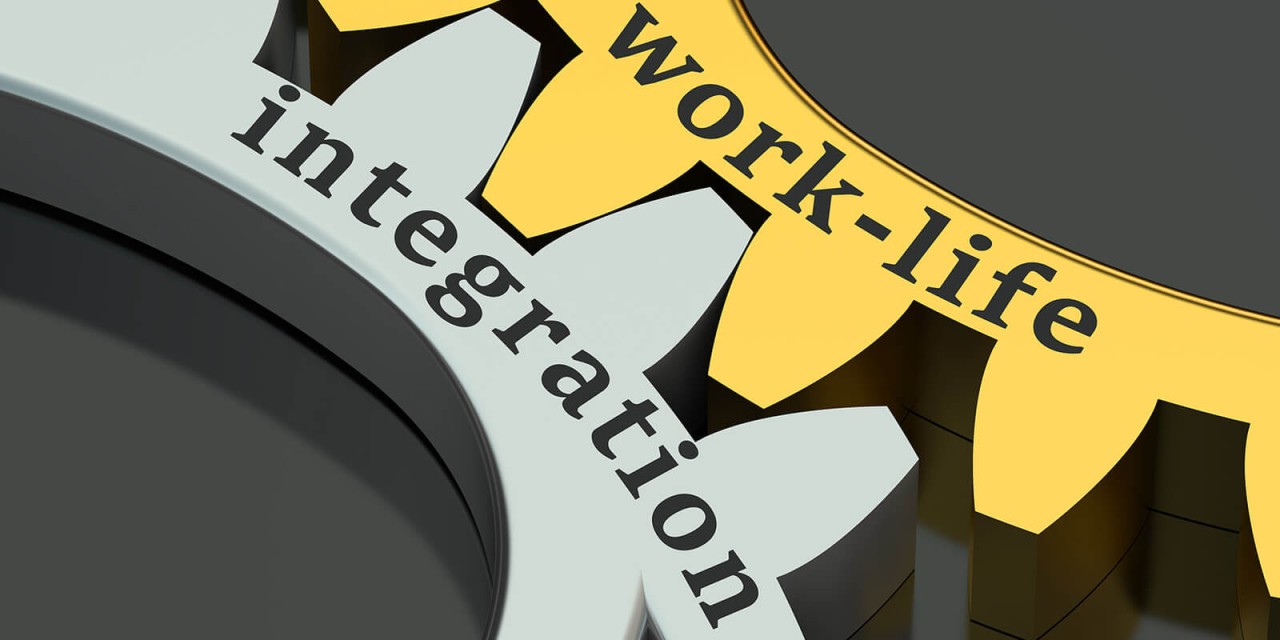Work-life balance is a challenge many professionals face. The demands of the modern professional world seem to be increasing in a fast-paced and competitive world. This makes it easy for one to feel overwhelmed by the demands of a career while trying to maintain a fulfilling personal life. However, achieving and maintaining this balance is essential for overall well-being, productivity, and long-term success. This balance is about managing time and maintaining mental, physical, and emotional well-being. This article offers practical tips and insights to help you balance work and personal life. Whether you’re an entrepreneur, a corporate professional, or someone handling multiple roles, these tips will help you in your busy life.
Read more about Wellness
Understanding Work-Life Balance
Understanding work-life balance and its importance is key before diving into strategies to achieve it. According to experts like Stephen Covey, Richard Branson, and Tony Elumelu, aligning your values with your actions, prioritizing time management, and maintaining happiness and family time is crucial for achieving work-life balance and professional success.
How To Balance Your Work and Personal Life
Set Clear Boundaries
Achieving a work-life balance sets clear boundaries by defining specific work and personal time. Communicate your working hours to colleagues and clients, and stick to them. For example, if you finish work at 6 PM, avoid checking emails or taking work calls. This practice helps you disconnect from work and signals to others that your time is valuable. Tara Fela-Durotoye, founder of House of Tara International, emphasizes the importance of setting boundaries to manage business and personal life.
Prioritize Your Tasks
Another important step to achieving balance is to prioritize your tasks. Not all tasks are created equal. Learn to prioritize your work and focus on the most important tasks first. You can’t do everything at once; trying to will only lead to burnout. List your professional and personal responsibilities, and rank them in order of importance. This approach, known as the Eisenhower Matrix, categorizes tasks into four quadrants based on urgency and importance. Focusing on urgent and important tasks helps manage your workload more efficiently and free up time for personal activities. Jim Rohn once said, “Don’t major in minor things.” This means focusing on what will have the greatest impact on your goals and well-being.
Learn to Say No
Saying no can be challenging, especially in a culture where saying “yes” to every request is often seen as a sign of cooperation. To maintain a balance between work and personal life learn to say “no”. Declining additional tasks that do not align with your priorities or overextend your capacity is crucial. Overcommitting is a surefire way to disrupt your work-life balance. So, learn to say no to requests or opportunities that don’t align with your priorities or capacity. Chimamanda Ngozi Adichie, the internationally renowned author of Purple Hibiscus and Half of a Yellow Sun, has spoken about the power of saying no to maintain her focus and energy for writing and personal commitments. Politely declining unnecessary engagements allowed her to protect her time and avoid spreading herself too thin.
Learn to Delegate
Delegation is key for work-life balance. Identify tasks that can be delegated to others, freeing up time and reducing stress. For professionals, this might involve delegating routine tasks to colleagues or hiring a virtual assistant. By delegating effectively, you can focus on high-priority tasks and enjoy more time with loved ones.
Sign up for the Connect Nigeria daily new3sletter
Time Management and Scheduling
Effective time management is essential for work-life balance. Start your day by listing and prioritizing tasks to stay organized and focused. Use tools like calendars or planners to allocate time for work, family, and hobbies. Time-blocking, a technique recommended by productivity experts, involves dedicating specific blocks of time to tasks and sticking to that schedule. For example, designate morning hours for focused work, followed by meetings and emails in the afternoon.
Embrace Flexibility
Flexibility is crucial for work-life balance, meaning being adaptable to changes and unpredictable events. Many companies worldwide, including Nigeria, are adopting flexible work arrangements like remote work. It’s shown that productivity doesn’t depend on a traditional 9-to-5 office setup. Employees can discuss flexible work options with their employers, while entrepreneurs can implement flexible policies to foster a supportive work environment.
Use Technology Wisely
Technology can be both a blessing and a curse. While it allows us to stay connected and be productive, it can blur the lines between work and personal life. Use technology to your advantage by setting up systems that help you stay organized and efficient. Apps like Trello, Asana, or even simple calendar alerts can help you manage your tasks and time effectively. However, also ensure that you disconnect regularly to avoid the trap of being constantly available. You can use focus mode and DND (Do-not-Disturb) features on your phone to help you stay disciplined on your mobile device.
Make Time for Self-Care
As a professional, it’s essential to prioritize self-care as a necessity, not a luxury. Taking care of your physical, mental, and emotional well-being is crucial for maintaining balance. Incorporate exercise, meditation, reading, or spending time with loved ones into your daily routine. Take breaks from work to avoid burnout and maintain productivity. Fitness experts recommend regular physical activity to reduce stress and increase productivity. Prioritizing self-care allows you to show up in both your professional and personal life.
Cultivate a Supportive Environment
Your environment plays a significant role in your ability to balance work and personal life. So, surround yourself with supportive people who understand and respect your boundaries and commitments. This can include family, friends, mentors, or colleagues who understand your goals and can offer support and encouragement when needed. Building a network of like-minded professionals can also be beneficial. Joining groups or associations relevant to your field provides mutual support and resource sharing.
Be Open To Continuous Learning and Adaptation
Achieving work-life balance is not a one-time achievement but an ongoing process that requires continuous learning and adaptation. Stay open to new strategies and be willing to adjust your approach as your circumstances change. Attend workshops, read books, or take courses on time management, stress reduction, and productivity. Engaging with new ideas and perspectives can provide fresh insights and help you refine your balance strategy. Stephen Covey advises in The 7 Habits of Highly Effective People to “sharpen the saw” by investing in personal and professional development.
Register to attend the CN Business Mixer
Concluding Thoughts
Achieving a balance between work and personal life is an ongoing process that requires conscious effort and commitment. It is one thing to achieve balance, it is another thing to maintain it. So, don’t just strive to achieve it but also to consistently maintain a work-life balance. The tips shared in this article go a long way in helping you achieve balance and maintain it.
Got a suggestion? Contact us: [email protected]


